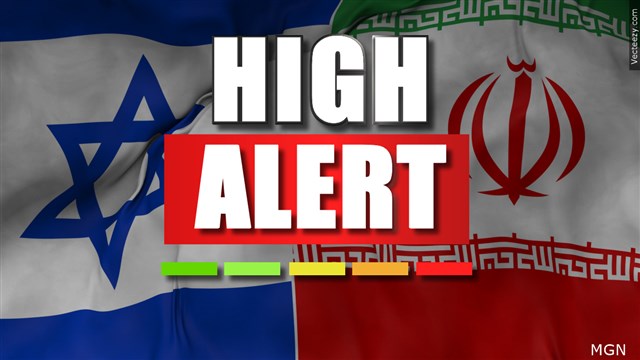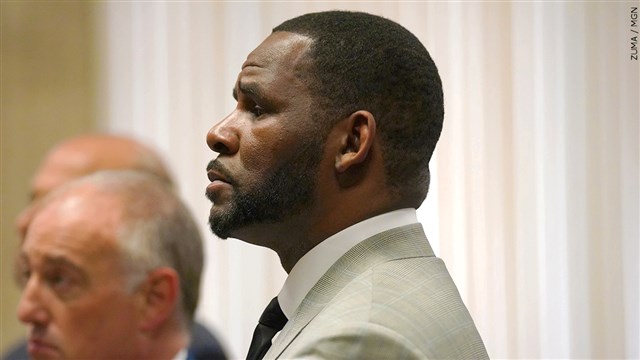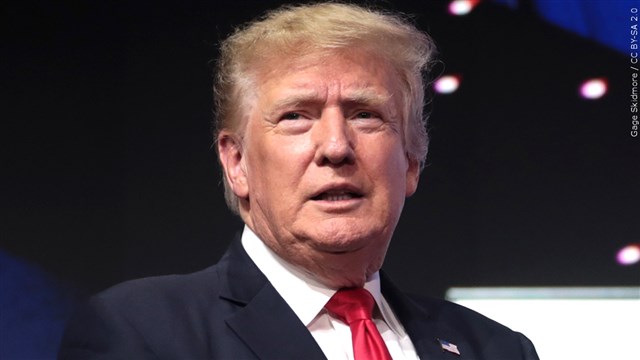Iran Launches Drones, Missiles At Israel

(Washington, DC ) — Iran’s drone attack on Israel has triggered heightened tensions in the region, with both military and diplomatic responses swiftly unfolding. Israeli officials confirmed that drones launched from Iran’s territory were headed toward Israel, prompting Israel Defense Forces (IDF) to raise alert levels. The IDF deployed its Aerial Defense Array, fighter jets, and navy vessels to defend Israeli airspace. Alerts sounded across various regions of Israel as the threat loomed.
U.S. forces in the area reportedly intercepted some of the Iranian drones, underscoring the international implications of the conflict. National Security Council spokesperson Adrienne Watson condemned Iran’s actions, stating that President Biden remained updated on the situation and reaffirmed U.S. support for Israel’s security.
In response to the attack, Israeli Prime Minister Benjamin Netanyahu convened his war cabinet, emphasizing Israel’s preparedness for any scenario. Iran’s Islamic Revolutionary Guard Corps (IRGC) claimed responsibility for the attack, labeling it a “punitive strike” against Israeli territories. The IRGC warned of more severe consequences if Israel provoked further conflict.
As tensions escalated, the U.S. and UK both mobilized military assets in the region, with the U.S. urging a calibrated Israeli response. Other European leaders, including British Prime Minister Rishi Sunak and EU foreign affairs chief Josep Borrell, condemned Iran’s actions as a threat to regional security.
The situation remains fluid, with ongoing diplomatic efforts to mitigate further escalation. However, concerns persist over the potential for additional attacks and the broader implications for stability in the Middle East.
You Might Also Like



